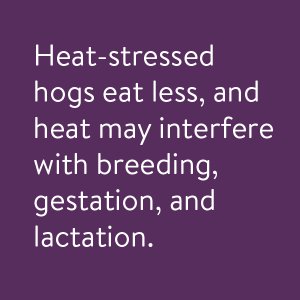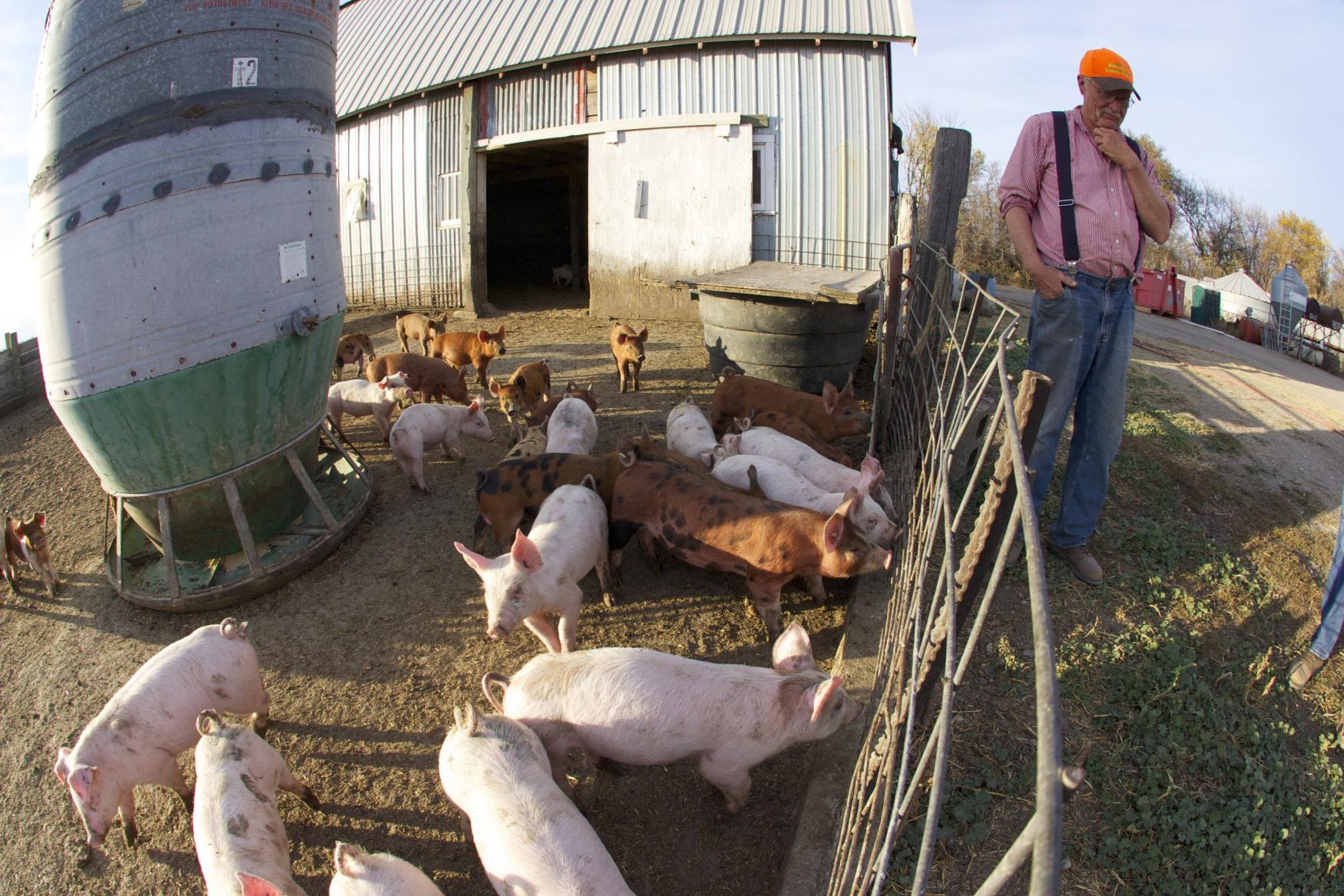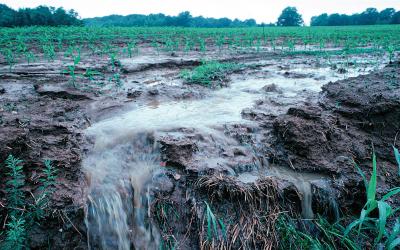Farmers are seeing the effects of warmer weather with pests, plant diseases, and heat-stressed livestock. Erratic weather conditions can devastate a crop season, according to the Minnesota Department of Agriculture.
Agriculture is highly dependent on specific climate conditions, and Minnesota’s crop yields are affected by changes in temperature, humidity, cloud cover, and precipitation. Climate change is lengthening the growing season in the Midwest, in large part due to an earlier last spring freeze. While a longer growing season may cause some increases in crop production, other climate changes could outweigh this benefit.

Intense rain events can increase soil erosion, which harms the productivity of topsoil on farm fields. Warming temperatures encourage invasive species, plant diseases and pests that are new to Minnesota farmers. Wetter springs and increases in heavy rain events have delayed or even prevented spring planting for many Minnesota farmers in recent years. And extreme weather events like large hail, pounding rains, high winds, and prolonged droughts can devastate a crop season.
“There is no doubt that extreme weather has greatly impacted Minnesota’s agricultural producers over the last several years, and 2019 is no exception,” said Joe Martin, Executive Director for the USDA's Farm Service Agency in Minnesota. As summer came to a close in 2019, payments for crop insurance totaled more than $2.56 billion, with nearly $250 million going to farms in Minnesota.
Animal health, growth, and reproduction are also highly sensitive to temperature changes. Higher summer temperatures may lead to increased deaths due to heat stress, lower production of milk from dairy cattle and eggs from poultry, slower weight gain and corresponding longer time to market, and decreased reproduction that can result in smaller herds. Heat-stressed hogs eat less, and heat may interfere with breeding, gestation, and lactation. According to USDA, high summer heat costs the American swine industry more than $300 million annually.
These agricultural and economic challenges can seriously affect farmers' health and well-being and contribute to depression and other mental health concerns. The Minnesota Department of Agriculture has a number of resources to help struggling farmers and their families.
More information: Agriculture & food security in Minnesota (MDH)



